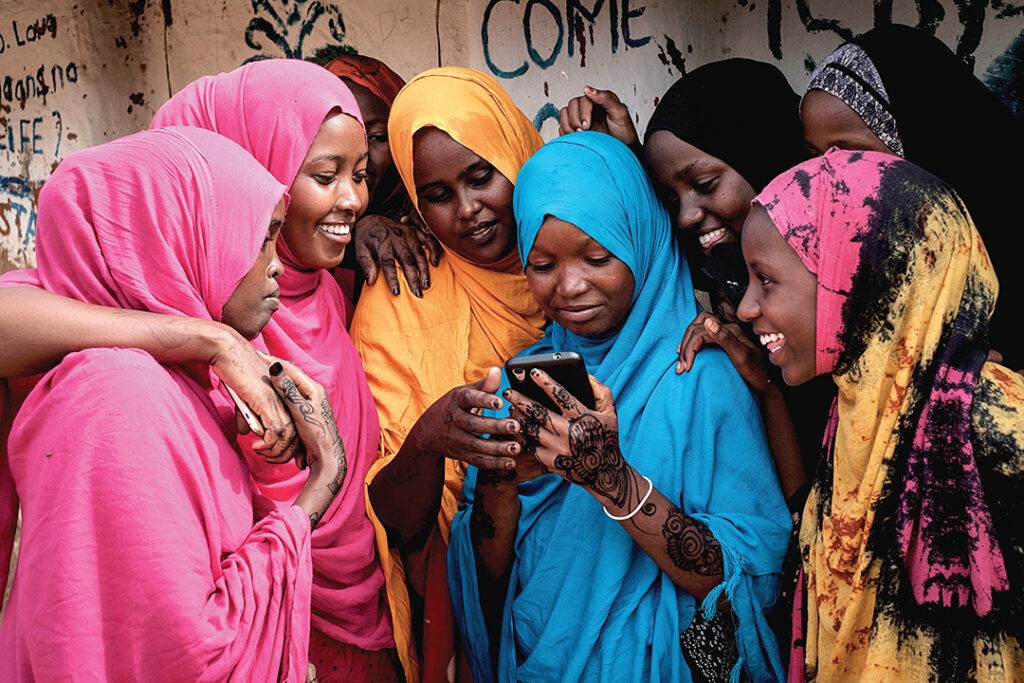ADF STAFF
Cyber security experts say Africa’s top smartphone brand has sold tens of thousands of phones loaded with malicious software. The phones drain users’ data, sign them up for subscription services without their knowledge, and make them unwilling accomplices in fraudulent ad schemes.
The Triada malware turned up on Chinese-made Tecno W2 smartphones in Ethiopia, Cameroon, Ghana and South Africa, according to a report. Triada uses a hard-to-remove program known as x-Helper to do its dirty work, experts say.
In addition to creating fake subscriptions, the malware generates fake clicks on banner ads in the background of sites that made millions of dollars for cyber criminals by defrauding advertisers with fake impressions.
“The fact that the malware arrives preinstalled on handsets that are bought in the millions by typically low-income households tells you everything you need to know about what the industry is currently up against,” said Geoffrey Cleaves, managing director of Secure-D, an anti-fraud platform that studied the problem, according to CNN.
“This particular threat takes advantage of those most vulnerable,” Cleaves added.
This is not the first time Africans have found themselves dealing with suspicious behavior by technology originating in China.
In 2017, African Union officials discovered that for five years the computer servers — made and installed as a gift by the Chinese government — had been transferring reams of data every night from the AU’s headquarters in Addis Ababa, Ethiopia, to servers in Shanghai. By 2018, the AU had replaced the servers, refusing China’s offer to help configure them.
Still, many African nations have been slow to act on cyber security.
A 2018 study by the AU found that only eight countries reported having a national cyber security strategy. Only 14 had laws protecting citizens’ personal data online. The same report found that African nations were the source of hundreds of thousands of cyber attacks around the globe each year.
In 2014, the AU adopted its Convention on Cyber Security and Personal Data Protection to build a legal foundation for protecting citizens online. The AU launched its 10-member Cyber Security Expert Group in December 2019 to advise union leaders on how best to address online security threats.
The Expert Group’s chairman, Abdul-Hakeem Ajijola of Nigeria, said the Tecno security breach is a wake-up call. He believes African nations must develop their own capacities for encryption and data security to protect their citizens.
“Africa must initiate and sustain capacity development of people, processes and technology,” he told ADF in an email. “We must encourage and facilitate the private sector as the prime driver of technology development and deployment while governments ensure fair play, equity and regulatory compliance.”

